When buying real estate, it is easy to ignore the difference between the title and the deed—they just seem like two ways of saying you own the property. However, they are actually very different concepts, and it is important to understand the distinction.
Basically, a deed is a “legal instrument” that describes the bounds of the property and defines the owner of the property. By “legal instrument,” lawyers mean it is a written document that legally creates ownership. In the coming years, we may see deeds transitioning to the electronic realm like everything else, but for now, a deed is a signed piece of paper that you can hold in your hand. You refer to the deed as proof of ownership or to determine the property’s bounds in the case of a boundary dispute.
Once deeds go electronic, it might be even harder to hold the distinction clear in your mind, but a title isn’t a document, paper or otherwise. A title is the legal concept of ownership. This is where the idea of an instrument comes in: the deed is the “instrument” that transfers and in some sense creates your claim to the title (assuming the deed is properly drafted and not fraudulent). The deed “conveys” title to the owner, and the title is a “bundle of rights” to control and enjoy a property.
When you purchase property, usually a title company will run through all the records and evidence available to ensure that the title in fact belongs to the seller and is “unencumbered” (there are no liens or competing claims that would prevent the sale). Once a clear “chain of title” is established—which is not always a simple matter—and the title is clear of defects, the sale can go ahead, assuming that any contingencies have been removed as well. In some cases, though, a deed does not provide any guarantee that the title is unencumbered, so the buyer needs to understand what kind of deed they are being granted and what level of protection it affords them.
For more on the types of deeds you might encounter in real estate and the levels of protection they afford, see “Real Estate Transactions: Types of Deed.” For what’s in the typical “bundle of rights” in a title, see “Real Estate Transactions: What’s in a title?” For the difference between legal and equitable title, see “Real Estate Transactions: Legal vs. Equitable Title.”


